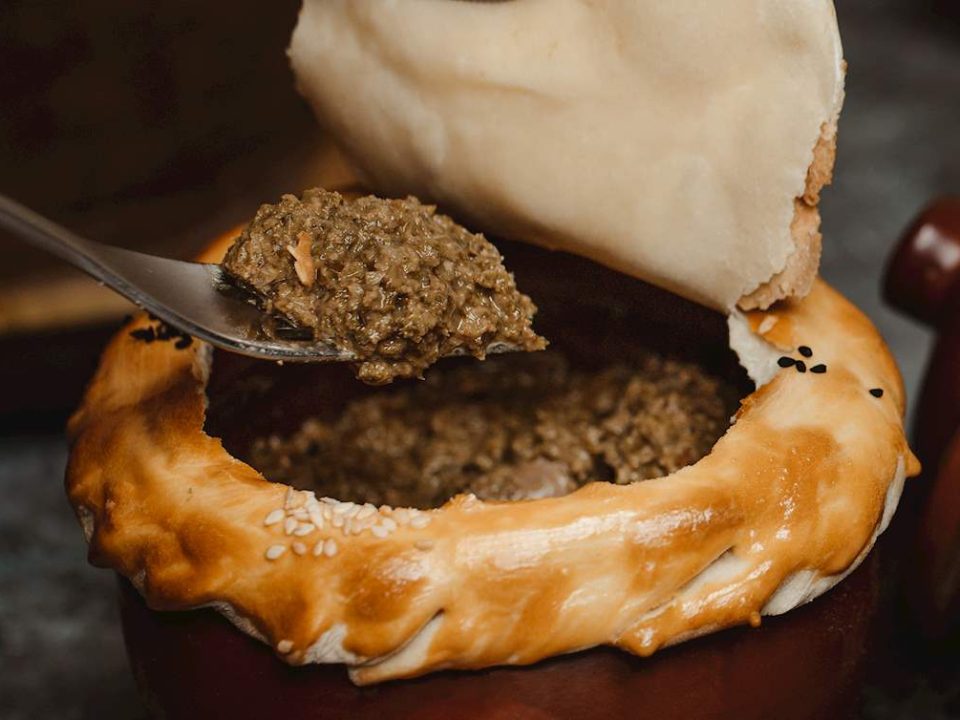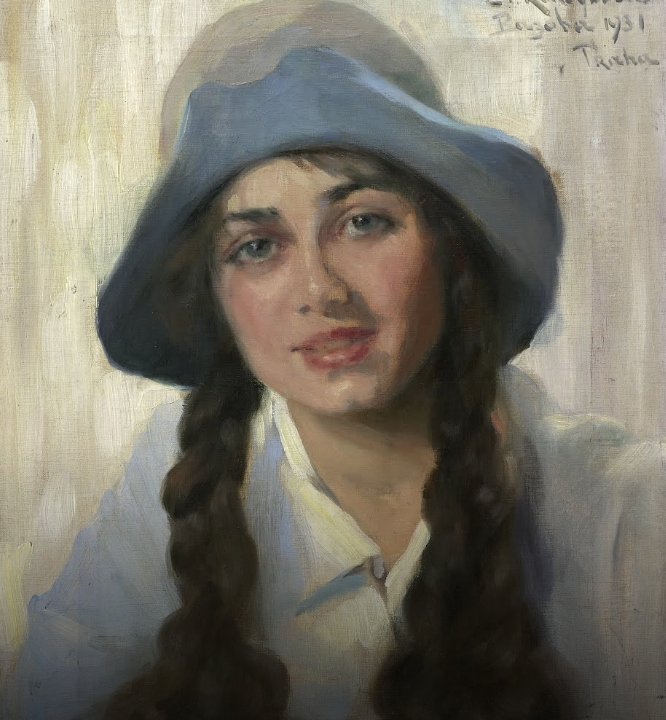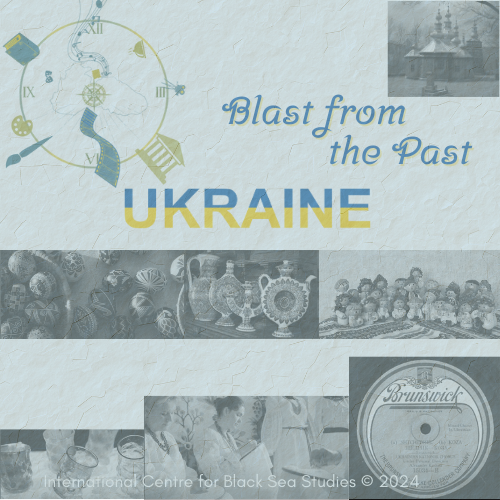8th BSEC Month of Culture
1-30 November 2024
Customs and Traditions – Republic of Albania
Transhumance, the seasonal movement of people with their livestock between geographical or climatic regions, is an integral part of Albanian culture, counteracting the effects of rural depopulation.
Every spring and autumn, men and women herders organise the movement of thousands of animals along traditional pastoral routes. They move on foot or on horseback, led by their dogs and sometimes accompanied by their families.
An ancestral practice, transhumance is based on a deep knowledge of the environment and involves social practices and rituals related to the care, breeding and training of animals and the management of natural resources.
An entire socio-economic system has been developed around transhumance. From gastronomy to local handicrafts and festivities marking the beginning and end of a season, it is a system that has been built up around this practice.
Families have been practising and transmitting transhumance for many generations through observation and practice. Communities living along transhumance routes also play an important role in its transmission, such as by celebrating herd crossings and organising festivals. Workshops organised by local communities, associations and networks of herders and farmers, as well as those run by universities and research institutes, are also key to the transmission of this practice.
In 2023, transhumance, the seasonal droving of livestock, was included on UNESCO Representative List of the Intangible Cultural Heritage of Humanity.
Bonus Trivia!
This practice is also an integral part of the cultural identity of Greece and Romania.
⇒ You can watch this video and learn more.
Sources and photographs taken from: https://ich.unesco.org/en/RL/transhumance-the-seasonal-droving-of-livestock-01964
Photograph No 1: © Kulturverein Schnals
Photograph No 2: © Elton Baxhaku, 2021
#ICBSS #MoC2024 #CultureBSEC #Albania #CustomsAndTraditions





